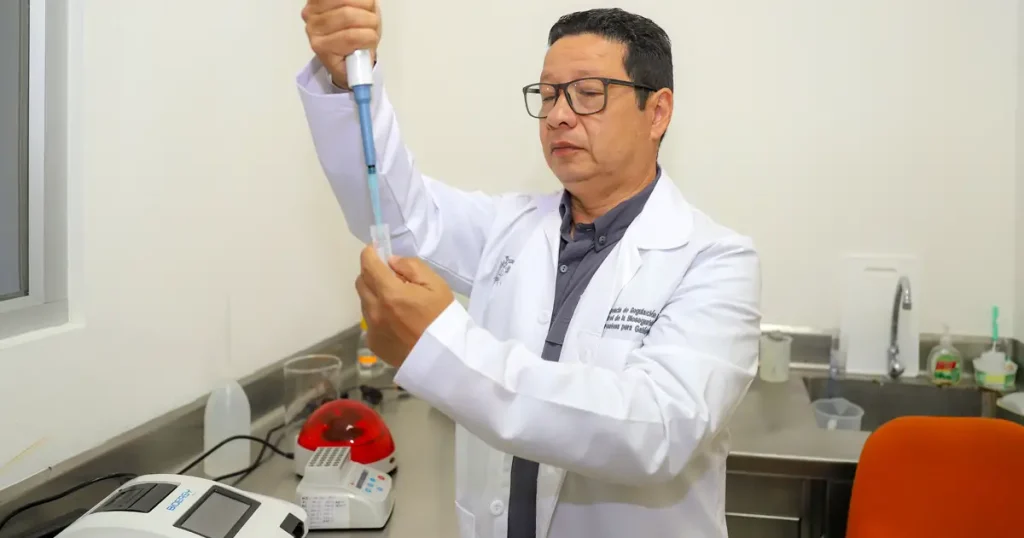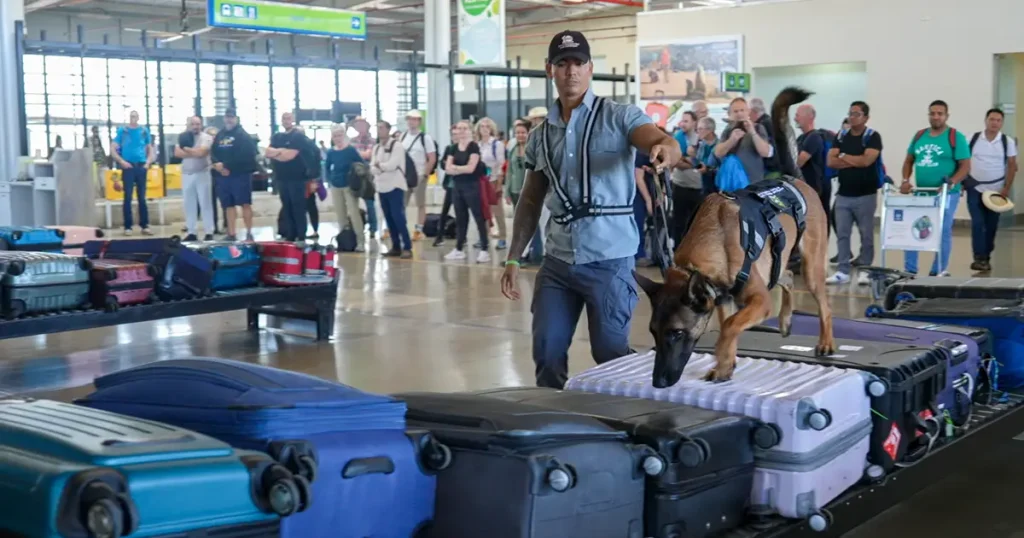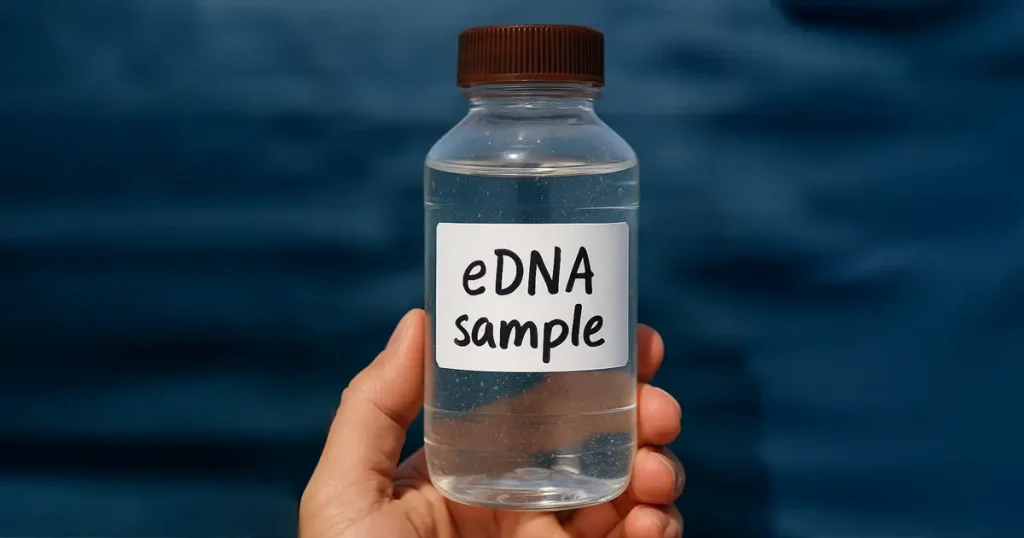Saving Galápagos: Meet Our Local Conservation Heroes
What makes someone a hero of conservation? Anyone who cares enough to take significant action to protect the natural world can be a conservation hero. For Galápagos, there have been many such heroes — people who work tirelessly, in very different ways, to safeguard the unique and fragile wildlife and ecosystems of this special place. Their work can be deeply challenging but also very rewarding. Galápagos is a better place because of the efforts of heroes like these. Please join us as we celebrate them and the important work they do to save Galápagos.
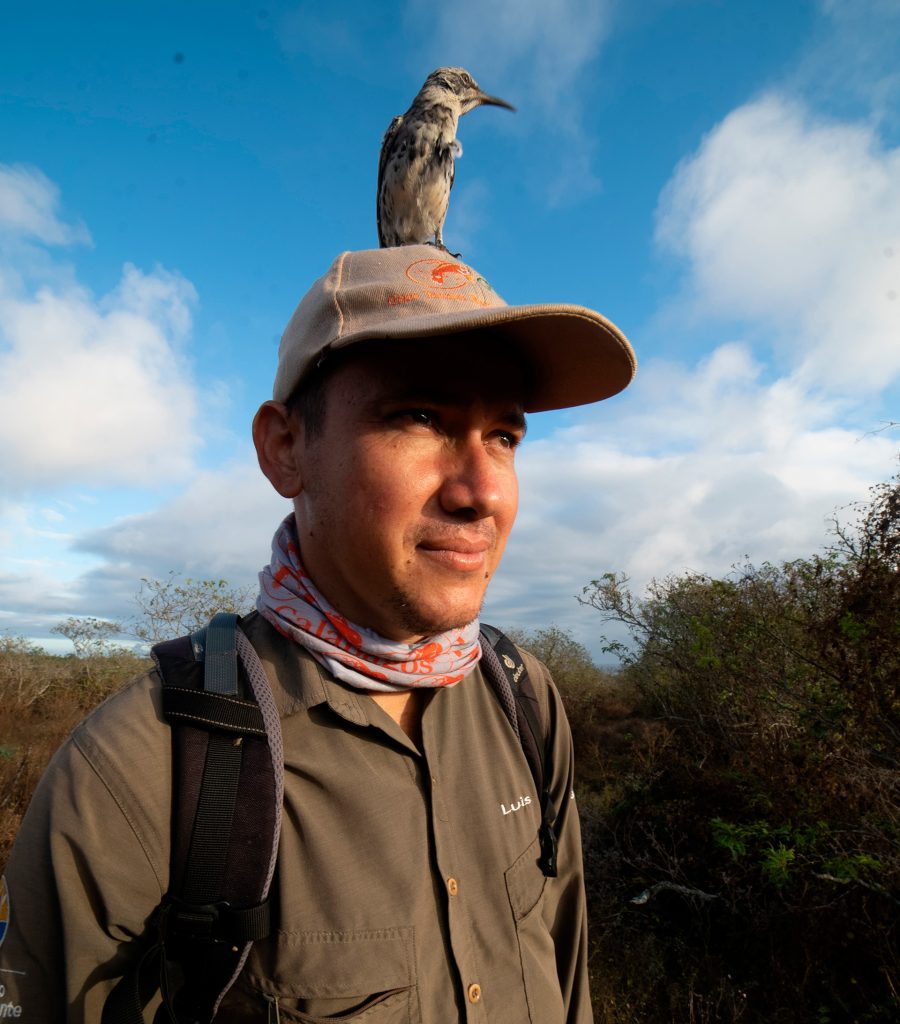
Dr. Jorge Carrión
A Galápagos native, has become a true hero in Galápagos. Since joining Galápagos Conservancy in May 2021, his trajectory in protecting and conserving the archipelago has been nothing short of phenomenal.
Prior to joining our team, Jorge worked for eight years in the Galápagos National Park Directorate (GNPD), performing various roles culminating in his tenure as Director. Concurrent with his work at the GNPD, he served as Secretary of the Eastern Tropical Pacific Marine Corridor (CMAR), leading crucial efforts to protect marine migratory species.
Director of Conservation
With his academic background as a Ph.D. in Conservation Biology from the University of Seville, Jorge is a respected figure in the scientific and conservation community. As Director of Conservation at Galápagos Conservancy and its sister organization, Conservando Galápagos, Jorge leads vital conservation initiatives and is an unwavering advocate for the protection of wildlife and ecosystems in Galápagos. Jorge’s dedication and hard work have established him as a true conservation hero.
Godfrey Merlen (1944-2023)
Was a revered figure in Galápagos for half a century. His encyclopedic knowledge of the archipelago made him an important fount of information and guidance for scientists and conservationists. He was an expert on the marine life of Galápagos, expanding our understanding of this unique ecosystem.
Saving Galápagos
In addition to his scientific work, Godfrey collaborated with nonprofit organizations such as WildAid and Sea Shepherd to promote marine life conservation in Galápagos and worldwide. During his time as an advisor to the Galápagos National Park, he played a crucial role in the approval of the Special Galápagos Law, which aimed to protect the biodiversity of the province and regulate human activities. He was also instrumental in the establishment of the Marine Reserve. Moreover, Godfrey spearheaded initiatives to protect Galápagos ecosystems, including the implementation of aircraft fumigation to prevent the spread of certain diseases.
Focusing
Most recently, Godfrey was focused on penguin conservation and worked as an advisor for the Ecuadorian Fund for the Control of Invasive Species in Galápagos.
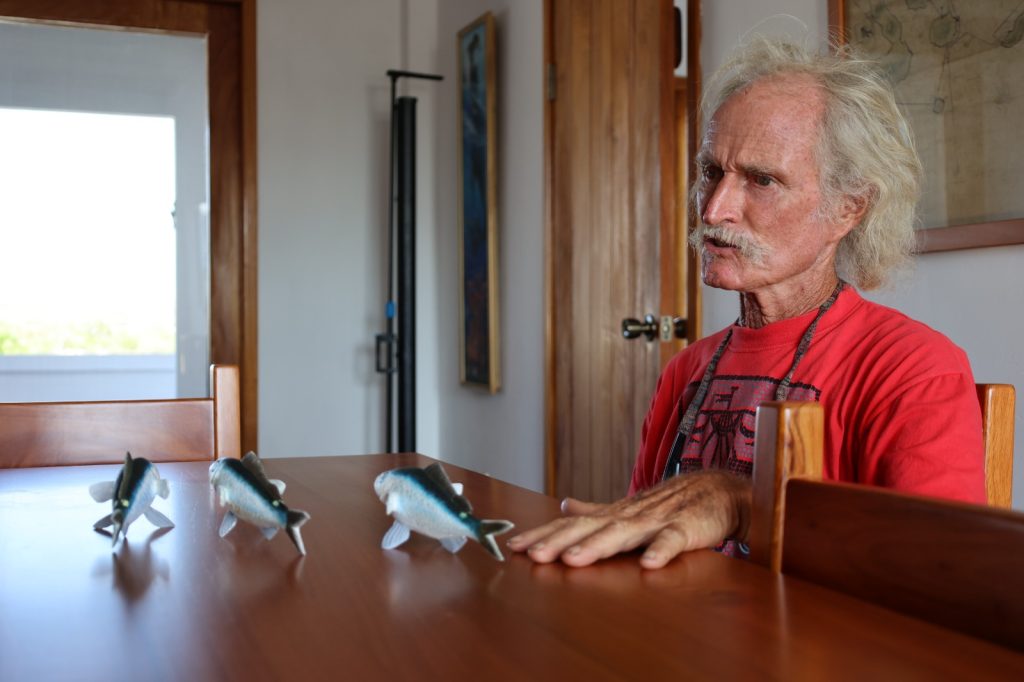
He had also been advancing, with support from Galápagos Conservancy, in the search for any remaining members of the Galápagos Damsel — a beautiful, small near-shore fish once abundant and now vanished from Galápagos. Godfrey retained hope it might still exist and had been working with local fishermen to rediscover it.
Godfrey will be deeply missed, but his legacy advancing Galápagos conservation will endure.
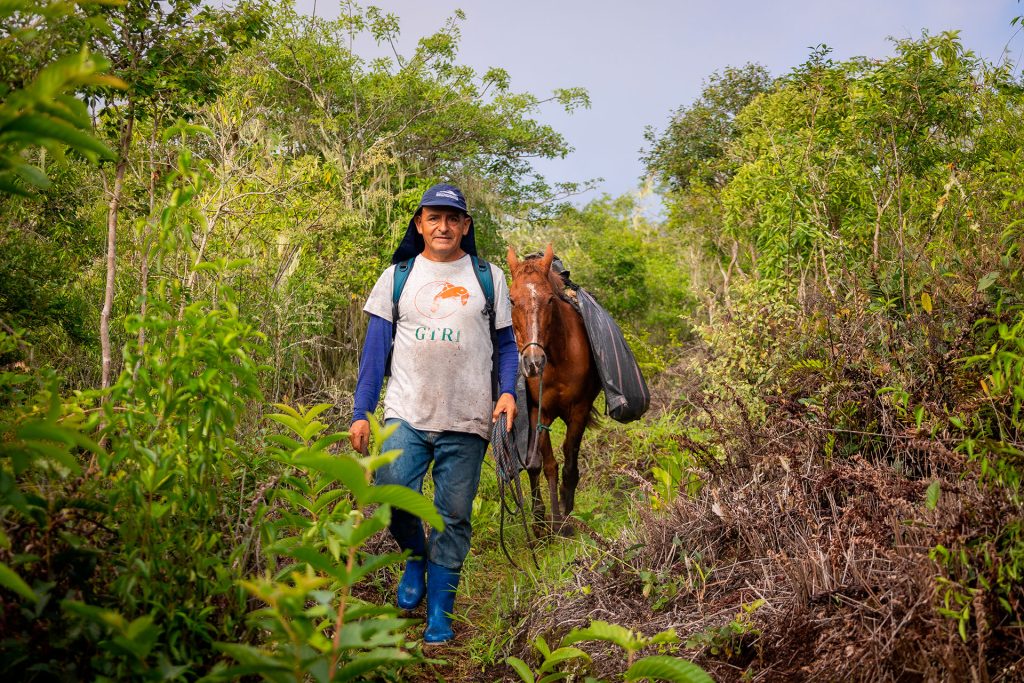
The porters
They walk for many hours each day under an exhausting sun, carrying heavy loads on their shoulders, and traversing challenging and steep trails. This is Novarino’s everyday reality. Sometimes, he treks for as many as 14 hours, making multiple trips back and forth to ensure every detail is addressed with care and precision. His dedication and resilience are crucial in ensuring the expedition camps are equipped with everything necessary.
Novarino takes pride in his role in species conservation, particularly when it comes to iconic Galápagos giant tortoises. His contribution, often overlooked, is crucial to the conservation of these animals and the resilience of the unique biodiversity of Galápagos.
Novarino Castillo
An Unsung Hero Of Conservation In Galápagos
In the Galápagos Archipelago, we need to make expeditions to remote areas to discover and monitor the archipelago’s wildlife. These expeditions are difficult and challenging and rely on help from those whose efforts often go unnoticed. One man in particular is the linchpin for many expeditions. His name is Novarino Castillo, and he is a porter for Galápagos Conservancy and other organizations in all important conservation expeditions in Galápagos.
Novarino and his team
Are responsible for delivering vital supplies to scientists and park rangers during their extended stays on the islands. Their load includes food, water, medicine, scientific equipment, generators, and cookware. That may sound simple enough, but transporting these supplies on their backs across rocky terrain and up and down volcanoes is no easy task.
The daily work of Novarino and his team is arduous but critical to the success of our conservation field work. They begin their day before sunrise, rising at 4 a.m. to prepare and have a meal before heading out to meet the expedition groups. From that moment on, their mission is to provide the scientists and park rangers with everything they need to succeed in their work in the most remote areas of the islands.
Recognition
Today, we recognize and applaud the tireless work of Novarino and Galápagos Conservancy’s porters, which is indispensable for the success of these expeditions, as their efforts ensure that scientists and park rangers can carry out their work in optimal conditions. Without their logistical support, it would be impossible to conduct comprehensive research and maintain the integrity of these ecosystems.

